TMJ Treatment Cherry Hill
Reclaim Your Life by Easing Your Jaw Pain
TMJ disorder, also referred to as TMJD, is a common condition that’s estimated to impact anywhere between five and 12 percent of the population, according to the National Institute of Dental and Craniofacial Research. If you’re experiencing lockjaw, general jaw pain and discomfort, or other symptoms preventing you from easily opening and closing your mouth, TMJ treatment in Cherry Hill may be the answer for you. Call our dental office today to schedule a consultation with Dr. Lee and learn more.
Why Choose Kingston Family Cosmetic Dental Center for TMJ Treatment?
- Fast-Acting Relief with BOTOX Injections
- A Dentist with Over a Decade of Experience
- Preventive, Holistic Dentistry for All Ages
Signs of TMJ Disorder
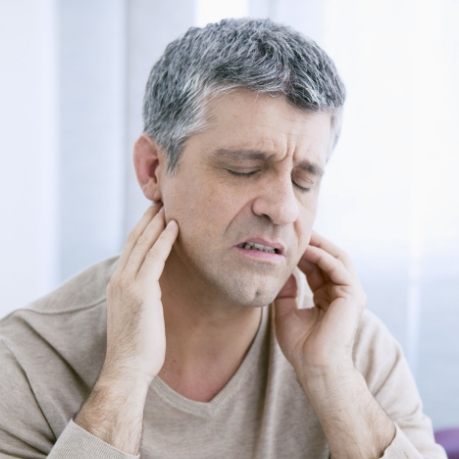
Patients experiencing TMJ disorder may notice a wide variety of symptoms that can range from mild to severe, depending on their unique situation. Here are some of the signs to look out for:
- Clicking or popping when you open and close your mouth
- Lockjaw
- Discomfort while chewing food or speaking
- Difficulty opening your mouth all the way
- Pain in and around the ear
- Neck and shoulder pain
- Pain and tenderness in and around the jaw joints
TMJ Treatment Options
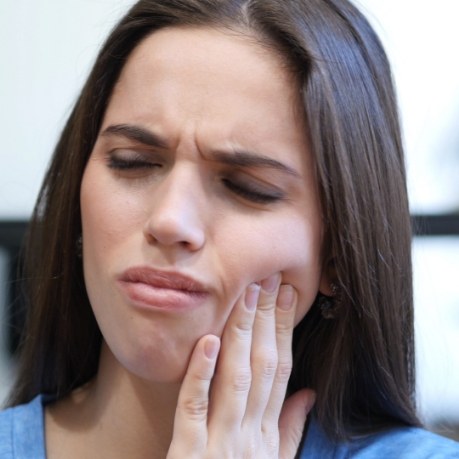
Fortunately, Dr. Lee offers multiple TMJ treatment methods, allowing you to pick the one that you feel will be best for your needs. Of course, our team will help you make the best decision for your oral function once we’ve had a chance to conduct a thorough examination.
Equilibration/Occlusal Adjustment
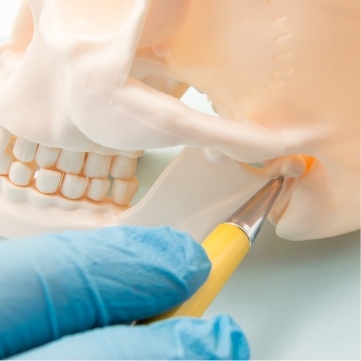
In some cases, jaw pain can be a result of improperly fitted restorations or even misshapen teeth that prevent them from coming together properly, causing tension in one or both jaw joints. Equilibration is when Dr. Lee alters the existing restoration or teeth to make the bite even, helping to release long-term strain on one or both of the temporomandibular joints.
Occlusal Splints
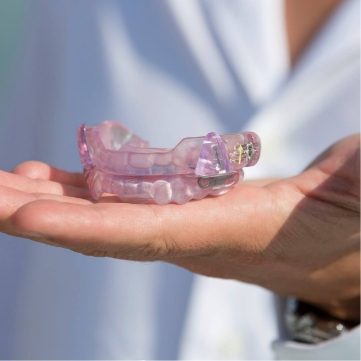
An occlusal splint is a customized oral device that you can wear as you sleep. It will help guard your teeth from grinding if you have bruxism, as well as shift your jaw into its ideal position, easing strain on your jaw joints. Over time, you’ll notice your TMJ symptoms becoming less of a burden on your daily life.
BOTOX® Injections
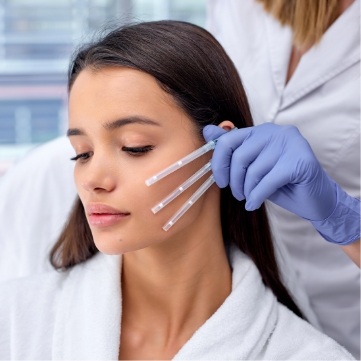
BOTOX can be injected into the muscles surrounding the temporomandibular joints to help them relax. This TMJ treatment method offers short-term pain relief and is great for patients who are experiencing more severe symptoms impacting their day-to-day life.
I Need a Checkup & Cleaning I Have Diabetes & Need Dental Care I am Worried About Gum Disease I Need a Dentist for My Child I Have a Cavity or Broken Tooth I am Missing One or More Teeth I Want to Enhance My Smile I Want a Straighter Smile I am Scared of the Dentist I Have a Dental Emergency I'm Having Trouble Sleeping I'm Interested in Laser Dentistry View Our Services








